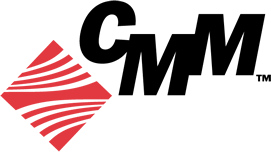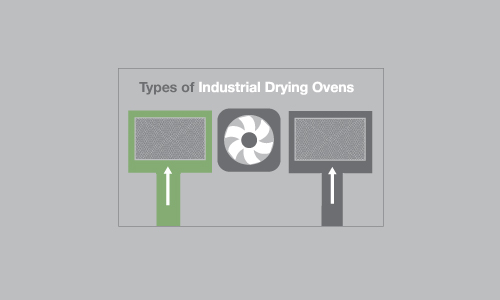Industrial ovens are among the most common pieces of equipment found in factories across the US. Simply known as dryers, these versatile pieces of machinery can be used for an array of reasons across a multitude of industries.
They can also be built to fit virtually any factory layout as long as the facility meets a few basic requirements.
In this article, we’ll discuss the different types of industrial drying ovens, their benefits, and the industries they are most commonly used in.
What are Drying Ovens Used for?
Despite the fact that most people associate the word oven with the benefits of baking, industrial models are present in food manufacturing, pharmaceutical, and even in painting processes.
The main job of an industrial oven is to remove moisture from substances or products. This means that it can be used for evaporation, incubation, sterilization, baking, and many other procedures. Keep in mind that industrial ovens vary in size, capacity, and shape, depending on what they are used for, so the perfect model will depend on the application it’s given.
Types of Industrial Drying Ovens
Even though industrial ovens share the same core concept, there are dozens of different types of technologies available. Industrial ovens vary in heating mechanisms, time and volume capacities, and other key elements, depending on your industry.
Keep in mind that even if there isn’t a standard design that suits your operation, a custom industrial oven is a great way to significantly improve your factory’s efficiency.
Conveyor Dryers
Conveyor dryers are used in processes that require continuous production of small and medium-sized products. They also make a great choice if your factory employs automated mass production as they fit perfectly in most production lines.
Vacuum Drying Oven
These versatile machines are used mostly in engineering, research, and other industries that may require drying in a low-pressure environment. Vacuum drying ovens also minimize oxidation and may even include an automated digital interface for monitoring purposes.
Convection Drying Ovens
Convection drying ovens rely on high temperatures to gently accelerate the dehydration process. These pieces of equipment make a great choice for pre-heating, aging, baking, sterilization, and thermal storage.
Rotary Drying Ovens
Often used in the metal manufacturing industry, rotary drying ovens allows for faster drying times without oxidation. These dryers often feature an energy-efficient design that may interlace with additional processes, keeping their operating costs low.
Flotation & Roll Support Web Dryers
These specialized drying ovens are used in web and fabric coating, packaging, and textile manufacturing. Flotation and roll support web drying usually feature a stable airflow and precise temperature control, resulting in improved overall efficiency.
Vertical Tower Dryers
Many factories may benefit from a new drying oven, but they lack the space in their facility for such addition. These companies usually need to outsource some of their operations, which increases their expenses in the long run.
Vertical tower dryers are a great solution as they make optimal use of space while still adding an industrial drying oven to your operation. This can help reduce your overall costs while improving quality and turnaround time simultaneously.
Getting a Custom Industrial Dryer for Your Factory
Custom dryers that follow lean manufacturing guidelines have a huge impact on the performance of any facility. That being said, you need to find a reliable manufacturer that can come up with the best design for your specific case.
At The CMM Group, we specialize in designing and manufacturing industrial drying ovens of all sizes, capacities, and applications. Get in touch with us by giving us a call or filling out our online contact form and let us know how we can help your facility today. Want to learn more? Download our free guide, Steps in Selecting an Industrial Oven or Dryer.




